You won't believe this easy hack to Perfect body- No Workout, No Dieting!
Intermittent Fasting Simplified:

Introduction:
Intermittent Fasting is a unique way of eating that many people are talking about these days. It’s not about what you eat, but rather when you eat.
In this blog, we’ll explore fasting, what it means, and how it might help your health.
We’ll keep things simple so you can understand how fasting a good option for you could be.
What is Intermittent Fasting?

Intermittent Fasting is not like a regular diet. It’s more about how you schedule your meals.
Instead of eating all day, you have specific times for eating and not eating. This way, your body has time to rest and do some essential repair work.

Different Ways to Fast:
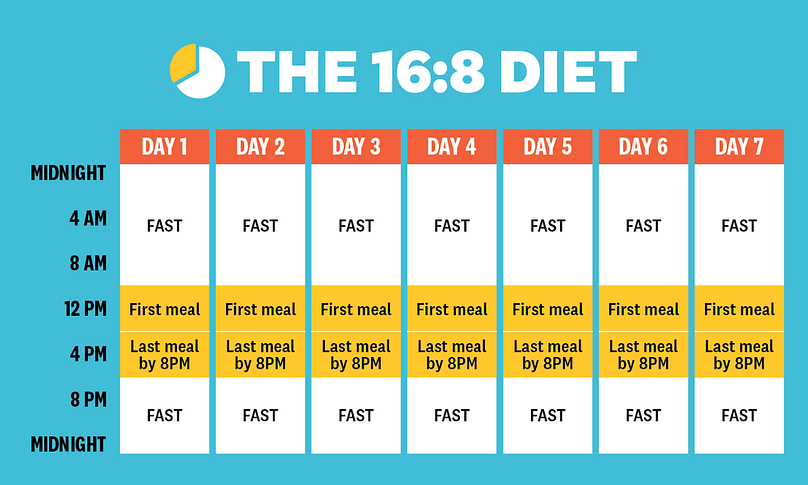
- 8-Hour Eating Window: You eat your meals in an 8-hour period and then fast for the other 16 hours of the day.
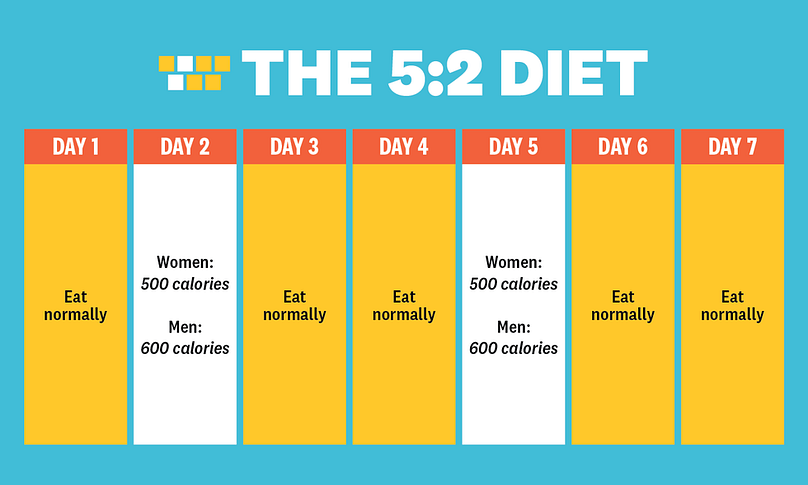
2. 2 Days of Low Calories: You eat like you usually do for 5 days, but on the other 2 days, you eat much less (around 500–600 calories).
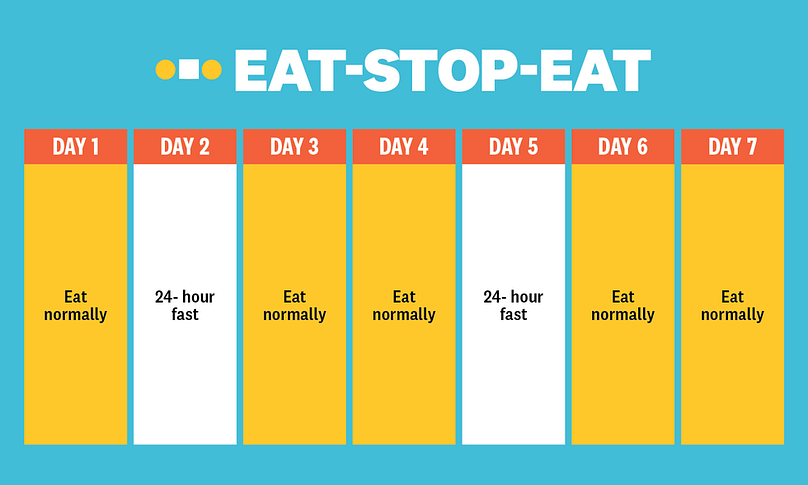
3. 2 Day of No Eating: You pick one or two days in the week to not eat anything for 24 hours.
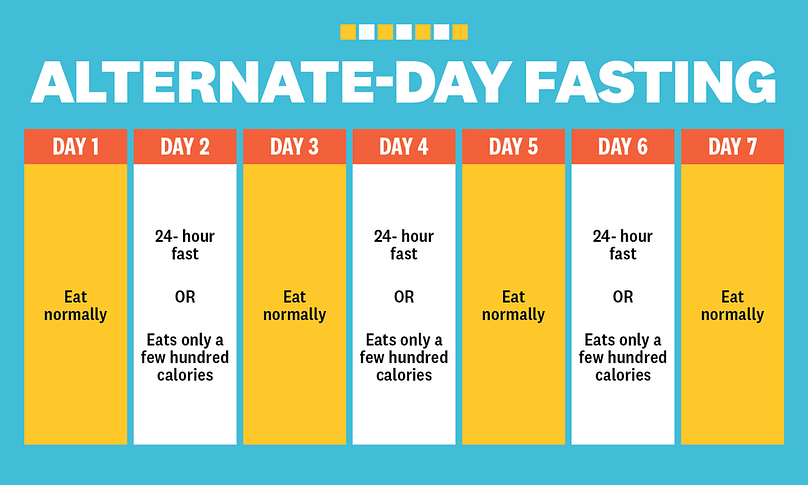
4. Every Other Day: Some people fast on one day, and then they eat normally the next day, and so on.
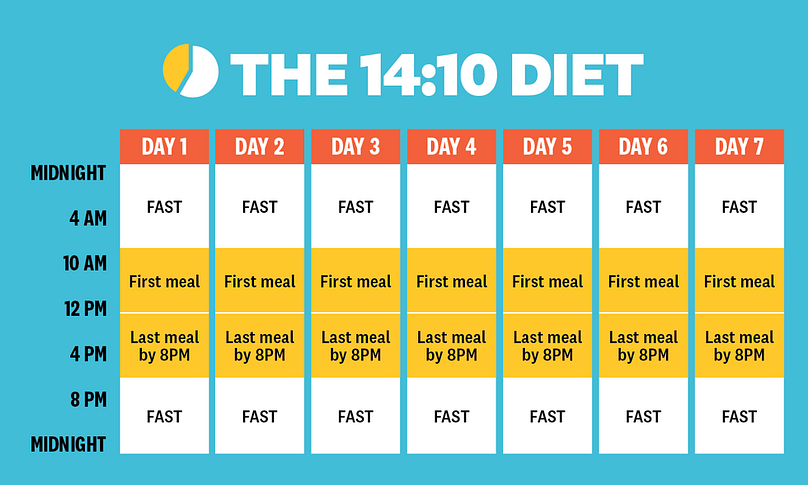
5. The 14:10 diet: It is similar to the 16:8 method, but the fasting window is 14 hours and eating is 10. It’s a bit easier to follow than 16:8 because of the longer eating window.
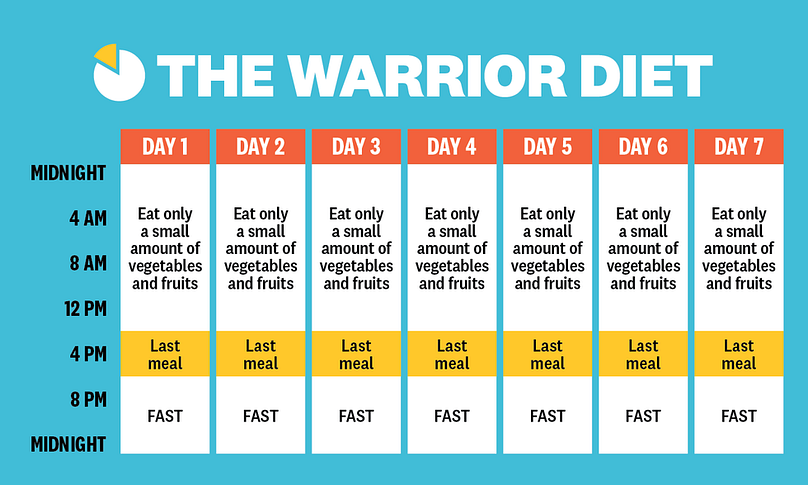
6. The Warrior Diet: You have to eat only small portions of fruits and vegetables during the day, then take one huge meal at night within a 4-hour eating window.
Why Intermittent Fasting Might Be Good for You
1. Losing Weight: Fasting can help you manage your weight better because your body starts using its stored fat for energy.
2. Feeling Better: Fasting might improve how your body uses insulin, which can be good for people at risk of diabetes.
3. Happy Brain: Some studies suggest that fasting can support your brain and protect it as you get older.
4. Heart Health: Fasting might be good for your heart by lowering blood pressure, cholesterol, and inflammation.
5. Living Longer: Fasting might help your cells do some cleaning up, which can slow down ageing.
Things to Keep in Mind:
Fasting is not right for everyone.
• If you are pregnant, breastfeeding, have a history of eating problems, or have health issues, talk to a doctor before trying it.
• When you do eat, make sure to have healthy foods like fruits, veggies, whole grains, lean proteins, and good fats.
• Stay hydrated during fasting times and listen to your body.
If you feel too tired or hungry, maybe adjust your fasting plan.
Conclusion:
Fasting is a special way of eating that could be good for your health. It’s not for everyone, so talk to a doctor first.
Remember, healthy eating, moving your body, and living a balanced life are all important for being well.
Fasting might be something to try, but it’s not the only way to stay healthy. Always do what feels right for you and your body.
Comments
Post a Comment